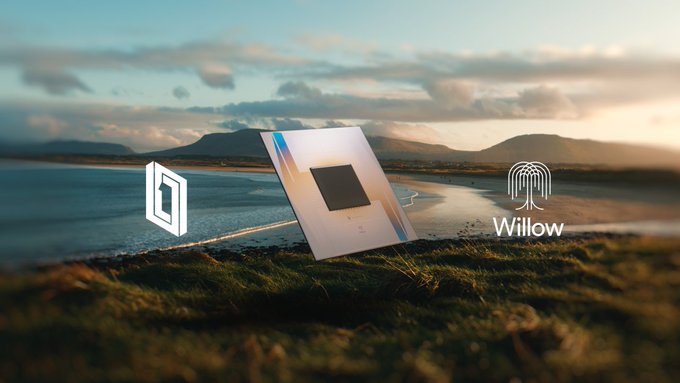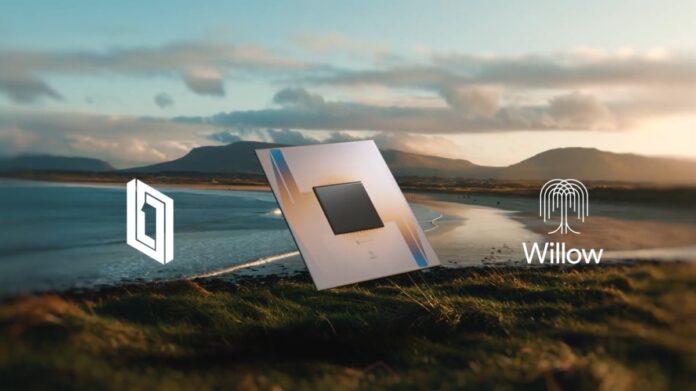Google has announced a remarkable advancement in quantum computing with its new chip, Willow, capable of performing complex calculations in minutes that would take traditional supercomputers longer than the existence of the universe.
CEO Sundar Pichai highlighted Willow’s exceptional ability to exponentially reduce errors as more qubits are utilized, addressing a significant challenge in the field over the past 30 years. With 105 qubits, this chip showcased its potential by completing a calculation in less than five minutes, a task estimated to take a classical supercomputer an unfathomable 10 septillion (10^25) years.
Hartmut Neven, head of Google’s Quantum AI unit, stated that this achievement marks a pivotal moment in quantum computing, moving towards large-scale machines that could transform various sectors, including medicine and artificial intelligence. Quantum computers, utilizing qubits that can exist in multiple states, promise much faster processing compared to traditional binary computers but struggle with stability and error rates.
Lesser Errors
Google’s innovation in linking qubits significantly lowers error rates, enabling real-time corrections and enhancing the practicality of quantum machines. While immediate applications for Willow’s capabilities are not available yet, the potential for solving complex problems beyond classical computing is a hopeful prospect for researchers.
Features
While classical bits can only represent one value (0 or 1), qubits utilize superposition to symbolize both at once, and through entanglement, can collectively represent combinations like 00, 01, 10, and 11. This unique behavior empowers quantum computers to solve complex problems that surpass the capabilities of advanced supercomputers.
How Does Google’s Willow Chip Function?
Google’s Willow chip is a significant development in quantum computing hardware, showcasing state-of-the-art performance and progressing towards commercially viable quantum technology. Willow uses superconducting transmon qubits, which are minute electrical circuits that exhibit quantum properties at ultra-low temperatures. To protect these quantum states, qubits are cooled just above absolute zero to minimize disturbances that could lead to errors.
The Willow chip features several advancements, including improved qubit connectivity, allowing for more complex calculations, and reduced error rates, critical for reliable quantum computation. In tests involving a benchmark known as “random circuit sampling,” Willow completed calculations in under 5 minutes, while the fastest traditional supercomputer would purportedly require 10 septillion years for the same task.

Potential applications of quantum computers utilizing chips like Willow include drug discovery through molecular simulations, advanced materials design, enhanced financial modeling, and accelerating artificial intelligence through improved machine learning algorithms.
<!– Published on: Tuesday, December 10, 2024, 12:48 PM IST –>
<!–
–>









